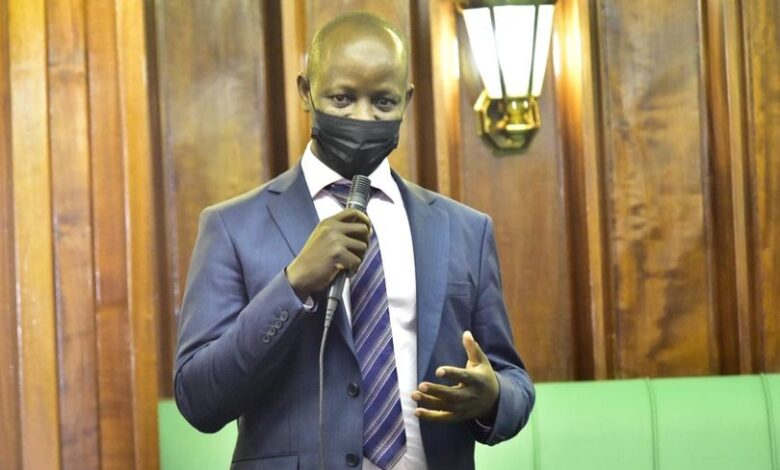
In a surprising move, the Forum for Democratic Change (FDC) party has removed Ibrahim Ssemujju Nganda from his position as Parliamentary Chief Whip and named Yusuf Nsibambi, the Member of Parliament for Mawokota South, as his replacement. The party's Secretary General, Nathan Nandala Mafabi, released a statement on August 7th, declaring Ssemujju's dismissal "with immediate effect."
The letter, which was addressed to various stakeholders including the Speaker's office, Ssemujju himself, the opposition chief whip, and Nsibambi, confirmed the decision to replace Ssemujju in a bid to reinvigorate the party's parliamentary leadership.
Efforts to reach out to Yusuf Nsibambi for comment on his new role went unanswered as of press time, leaving political observers curious about his stance and plans for the party in his new capacity.
The removal of Ssemujju Nganda marks yet another chapter in the ongoing power struggle between him and Nathan Nandala Mafabi, who has been at odds for some time. The internal tensions have not only impacted the leadership dynamics within the FDC but have also cast a shadow over the party's ability to effectively oppose the ruling government.
The feud between Ssemujju and Mafabi has been characterized by allegations of corruption, mismanagement of the party, and alleged backroom dealings with President Yoweri Museveni. These accusations have highlighted the underlying fractures within the FDC's leadership and have raised concerns about its cohesion and focus on national interests.
As the FDC moves forward under Yusuf Nsibambi's leadership, political analysts are closely watching how this transition will impact the party's ability to unite and refocus its efforts on serving the interests of the Ugandan people. With the party suffering from internal divisions, many are hoping that the change in parliamentary leadership will pave the way for a more united and effective opposition, especially in a political climate that demands strong and cohesive alternative voices.











